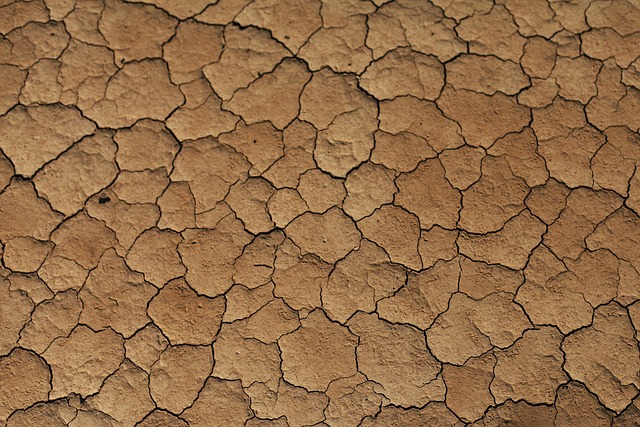The Dubai Desert, often overlooked but vital, is a haven for diverse wildlife including Arabian oryx and fennec foxes. Desert safari tours not only offer thrilling experiences but also contribute to conservation efforts by raising awareness about the delicate desert ecosystem. These tours economically empower local communities, facilitate collaboration between tourists, experts, and conservation organizations, and promote responsible tourism. Despite urbanization, Dubai's commitment to preserving its unique desert biodiversity through initiatives like captive breeding programs and community engagement ensures the survival of species like the Arabian oryx and fosters sustainable tourism.
Dubai’s vast deserts are a hidden gem, teeming with unique wildlife despite their arid conditions. This article explores the intricate balance of the region’s desert ecosystem and the conservation efforts that have enabled its preservation. From the role of desert safari tours in raising awareness to the diverse native species, we delve into the challenges faced by these creatures and the inspiring initiatives safeguarding them. Discover how Dubai is leading the way in sustainable desert wildlife conservation through community engagement and innovative practices.
- Desert Ecosystem: A Unique Haven for Wildlife in Dubai
- The Role of Desert Safari Tours in Conservation Efforts
- Native Species: Unveiling the Diverse Fauna of Dubai's Deserts
- Challenges Faced by Wildlife in the Arid Environment
- Conservation Initiatives and Success Stories from Dubai
- Community Engagement: Educating and Inspiring Local Folk
- Future Prospects: Sustaining Desert Wildlife for Generations Ahead
Desert Ecosystem: A Unique Haven for Wildlife in Dubai
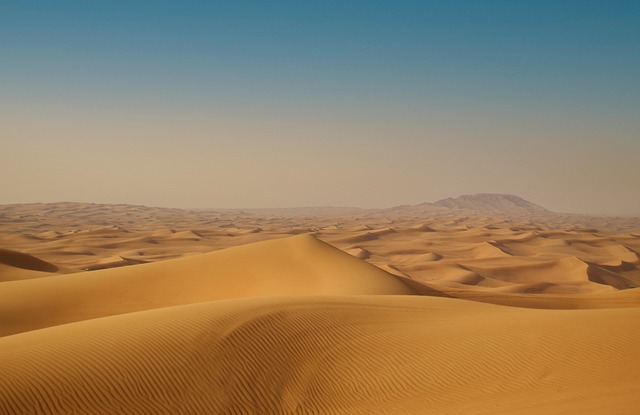
The Dubai Desert is a captivating and diverse ecosystem that serves as a unique haven for various forms of wildlife, making it an intriguing destination for nature enthusiasts. This arid landscape, often overlooked, plays a significant role in supporting a range of plant and animal species adapted to survive in extreme conditions. From majestic Arabian oryx to elusive fennec foxes, the desert becomes their home, offering essential habitats and resources.
Desert safari tours in Dubai provide an opportunity for visitors to explore this wild realm up close. These tours not only offer breathtaking scenic views but also contribute to conservation efforts by raising awareness about the delicate balance of the desert ecosystem. Understanding and preserving this unique environment ensures that wildlife in Dubai’s desert continues to thrive, making it a thriving oasis amidst the bustling metropolis.
The Role of Desert Safari Tours in Conservation Efforts

Desert safari tours Dubai play a pivotal role in wildlife conservation efforts, offering both economic incentives and public awareness. These tours provide a sustainable financial boost to local communities, encouraging them to protect and preserve the unique desert ecosystem. By engaging visitors in hands-on experiences, such as tracking rare species or learning about traditional conservation methods, these tours foster an appreciation for the area’s biodiversity. This increased awareness translates into support for conservation initiatives, ensuring their long-term viability.
Furthermore, desert safari tours Dubai facilitate direct collaboration between tourists, local experts, and conservation organizations. Tour guides, often well-versed in the region’s wildlife, act as ambassadors, sharing their knowledge and encouraging responsible interactions with the environment. This partnership helps implement monitoring programs, research projects, and habitat restoration efforts, ultimately contributing to the global understanding and protection of desert species.
Native Species: Unveiling the Diverse Fauna of Dubai's Deserts
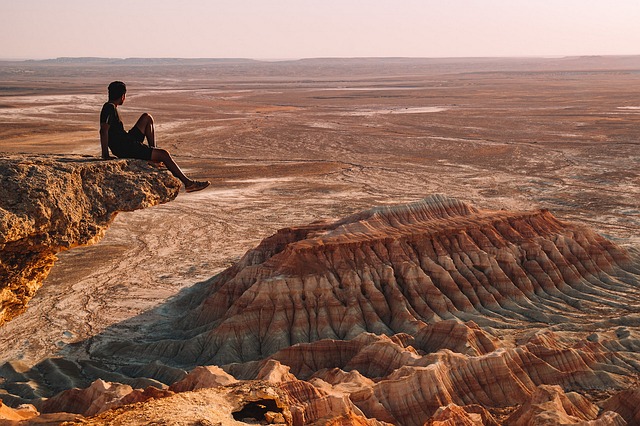
Dubai’s deserts are home to a surprising array of native species, making them an essential focus for wildlife conservation efforts. From majestic birds of prey like eagles and vultures, which soar above the sand dunes, to elusive reptiles such as the Arabian cobra and the rare desert tortoise, the region boasts a unique biodiversity. These creatures have adapted to survive in the harsh desert environment, displaying remarkable resilience.
Desert safari tours Dubai offers provide an opportunity for visitors to witness this diverse fauna up close. Tourists can explore the vast expanses of dunes, rocky outcrops, and oases, all while learning about the importance of preserving these ecosystems. By promoting responsible tourism and raising awareness about the native species, Dubai is contributing to the conservation of its precious desert heritage.
Challenges Faced by Wildlife in the Arid Environment

The Dubai desert, with its vast expanses and arid climate, presents unique challenges for wildlife conservation. Animals in this environment struggle to access adequate water sources, leading to intense competition among species. The scorching heat can be relentless, pushing animals to adapt or migrate, which disrupts their natural behavior patterns and food chains. Desert safari tours Dubai often highlight these struggles, as visitors witness the resilience of creatures like foxes and reptiles that have adapted to thrive in such harsh conditions.
Conservation efforts in the region aim to mitigate human impacts on wildlife habitats. With increasing urbanization and tourism, including popular desert safari activities, there’s a growing need for sustainable practices. Protecting and expanding natural areas, as well as educating visitors about responsible behavior, are key strategies. These measures ensure that Dubai’s unique desert ecosystem remains vibrant and that wildlife can continue to flourish despite the challenges of their arid environment.
Conservation Initiatives and Success Stories from Dubai
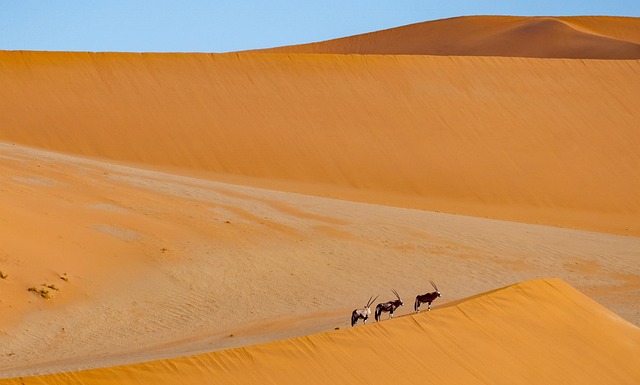
Dubai, known for its towering skyscrapers and luxurious lifestyle, has also emerged as a leader in wildlife conservation, particularly in its vast desert landscapes. Conservation initiatives in the region focus on protecting endangered species that call the Dubai Desert home. One notable success story is the restoration of the Arabian oryx population, which had dwindled to nearly nothing due to hunting pressures. Through captive breeding programs and reintroduction efforts, Dubai has successfully released numerous oryx into protected areas, leading to a steady increase in their numbers.
Desert safari tours in Dubai play a crucial role in these conservation efforts by raising awareness among visitors about the region’s unique biodiversity. Tour operators often collaborate with local conservation organizations to promote sustainable tourism practices and educate travelers about the importance of preserving the desert ecosystem. These initiatives ensure that wildlife viewing experiences are responsible, benefiting both the local fauna and the thriving tourism industry in Dubai.
Community Engagement: Educating and Inspiring Local Folk
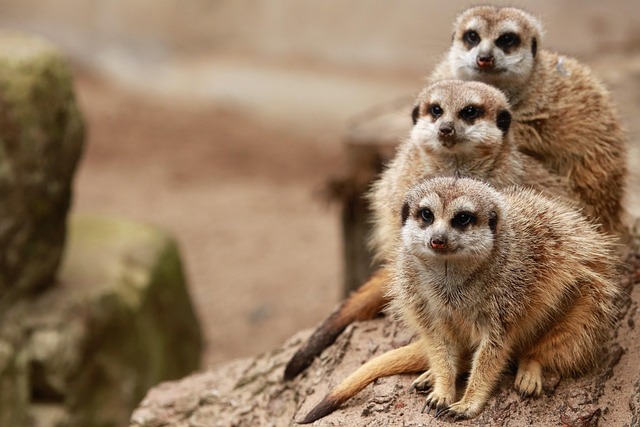
In the pursuit of wildlife conservation in Dubai’s desert, community engagement plays a pivotal role. Educating local folk about the significance of preserving the unique ecosystem and diverse species that call the desert home is essential. Desert safari tours Dubai offers not only provide entertainment but also serve as powerful tools for environmental education. By involving residents in initiatives like nature walks, bird-watching sessions, and interactive workshops, these tours foster a deeper connection to their surroundings. Inspired by their experiences, locals become ambassadors for conservation, sharing their knowledge with others and contributing to sustainable practices.
Through storytelling, cultural exchanges, and hands-on activities, desert safari tours Dubai aim to inspire and empower the community. By highlighting the intricate balance of life in the desert and the interdependence of various species, these programs raise awareness about the delicate nature of the ecosystem. Armed with this understanding, residents are more inclined to support conservation efforts, participate in clean-up drives, and promote responsible tourism, ensuring a brighter future for both Dubai’s wild inhabitants and its cherished desert landscapes.
Future Prospects: Sustaining Desert Wildlife for Generations Ahead
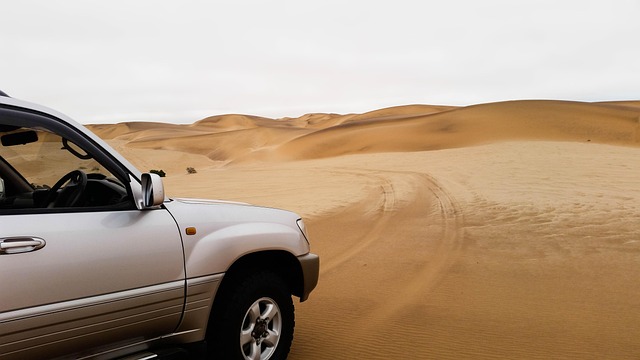
As Dubai continues to flourish and evolve, it is crucial to ensure that efforts in wildlife conservation are sustainable and robust enough to protect the region’s unique desert biodiversity for generations ahead. The Dubai desert, with its vast expanses and diverse ecosystems, serves as a vital habitat for numerous species, many of which are endemic to the area. Future prospects for maintaining this ecological balance lie in a combination of stringent protection measures and community engagement.
One promising avenue is the integration of eco-friendly practices into popular attractions like desert safari tours Dubai. By promoting responsible tourism, visitors can be educated about the importance of preserving the desert’s delicate natural settings. Additionally, investing in research initiatives focused on studying and monitoring local wildlife populations will provide valuable insights to inform conservation strategies. With continued support and collaboration between government bodies, conservationists, and the public, the desert safari experience in Dubai can become a model for sustainable tourism that not only enriches visitors but also safeguards the region’s remarkable desert wildlife for years to come, making it a thriving testament to responsible stewardship.
Dubai’s desert landscapes, though harsh, are a vital ecosystem teeming with unique wildlife. Through dedicated conservation initiatives and community engagement, the region has made significant strides in protecting its native species. Desert safari tours play a pivotal role in raising awareness and funding these efforts. As Dubai continues to thrive, it is crucial that these conservation practices are sustained, ensuring the desert’s biodiversity thrives for generations to come. By combining local knowledge with global best practices, Dubai can serve as a model for harmonious coexistence between urban development and wildlife preservation, especially in arid environments like its own.
